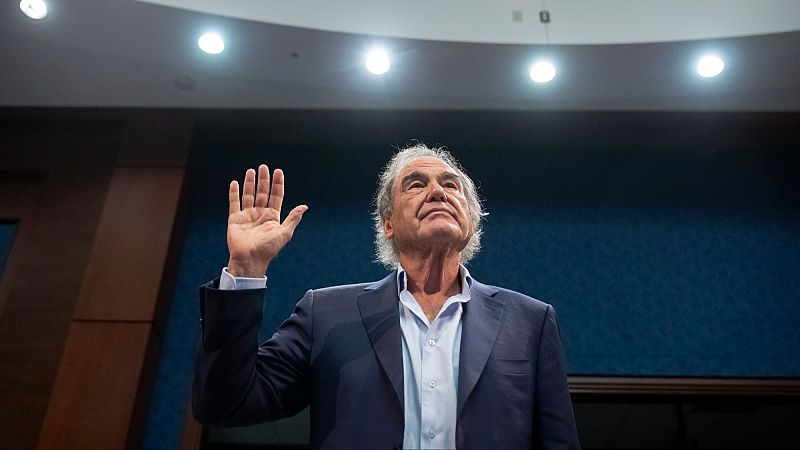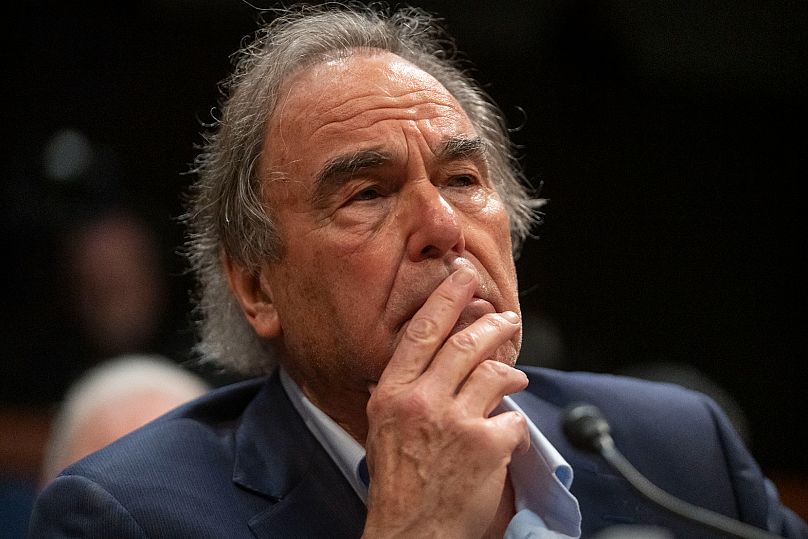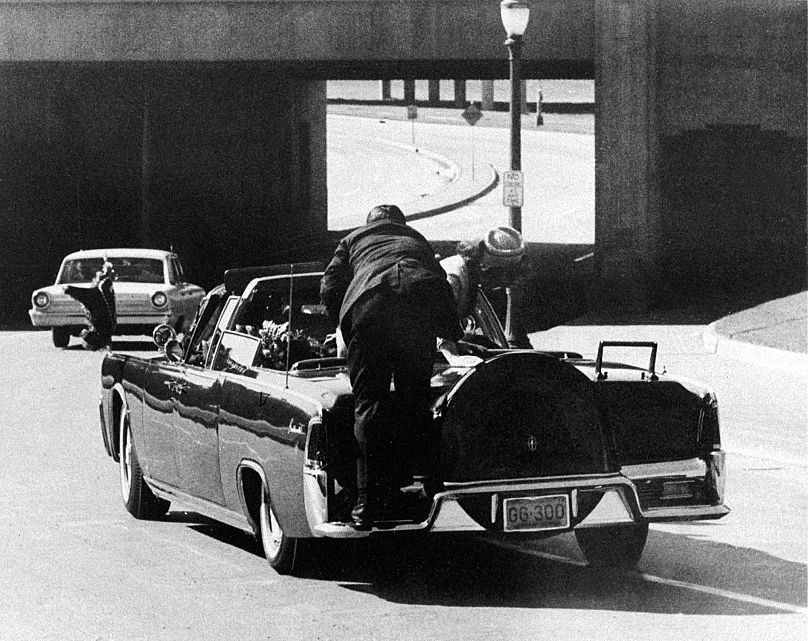
Oliver Stone, the Oscar-winning director whose film JFK portrayed the President John F. Kennedy’s assassination as the work of government conspiracy yesterday called for a new congressional investigation into his killing.
Stone, 78, testified at a hearing of the House Task Force on the Declassification of Federal Secrets following last month’s release of thousands of pages of government documents related to the assassination.
JFK was nominated for eight Oscars, winning two, and grossed over $200 million (€185 million) at the box office. Stone described his film as a “counter-myth” to the “fictional myth” of the Warren Commission, established to investigate Kennedy’s assassination.
At the time of its release in 1991, JFK was criticised for its historical accuracy. Stone told the committee that he believes decades of delays in releasing unredacted records had prevented “clarity” about who killed Kennedy.
Stone also said a new investigation “outside all political considerations” should begin “at the scene of the crime” and re-examine all of the evidence from the day of the assassination. Experts have concluded that there's strong evidence that Lee Harvey Oswald, a 24-year-old former Marine, acted alone in killing Kennedy.
“Can we return to a world where we can trust our government to level with us, the people for which this government exists?” Stone said. “This is our democracy. This is our presidency. It belongs to us.”

Whether Oswald acted alone in fatally shooting Kennedy on a motorcade route in Dallas on 22 November 1963 was the task force’s first line of questioning.
Scholars say the files that President Donald Trump ordered to be released showed nothing undercutting the conclusion that a lone gunman killed Kennedy. Many documents were previously released but contained newly removed redactions, including Social Security numbers, angering people whose personal information was disclosed.
The task force’s chair, Rep. Anna Paulina Luna of Florida, said she thinks the federal government under previous administrations had engaged in “stonewalling.”
The task force also invited Jefferson Morley and James DiEugenio, who have written books arguing for conspiracies behind the assassination. Morley is editor of the JFK Facts blog and vice president of the Mary Ferrell Foundation, a repository for files related to the assassination.

The last formal congressional investigation of Kennedy's assassination ended in 1978, when a House committee issued a report concluding that the Soviet Union, Cuba, organized crime, the CIA and the FBI weren't involved, but Kennedy “probably was assassinated as a result of a conspiracy.”
In 1976, a Senate committee said it had not uncovered enough evidence “to justify a conclusion that there was a conspiracy.”
The Warren Commission, appointed by Kennedy's successor, President Lyndon B. Johnson, concluded that Oswald fired on Kennedy's motorcade from a sniper's perch on the sixth floor of the Texas School Book Depository.
Police arrested Oswald within 90 minutes, and two days later, Jack Ruby, a nightclub owner, shot Oswald during a jail transfer broadcast on live television.







